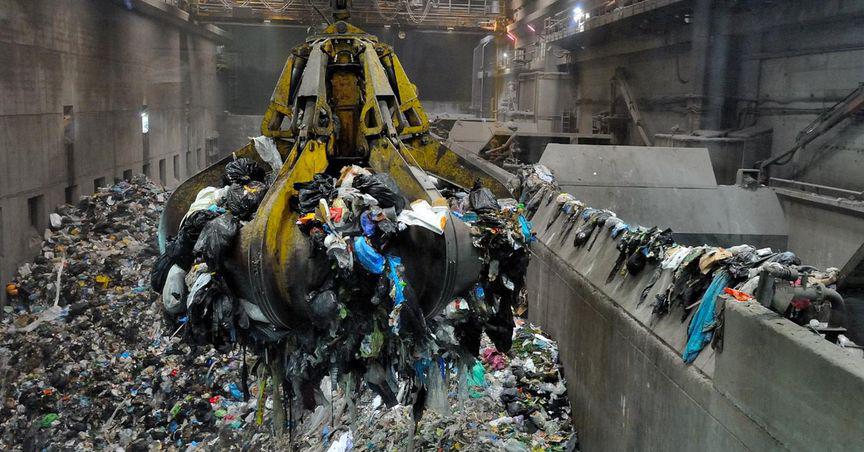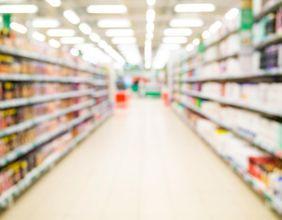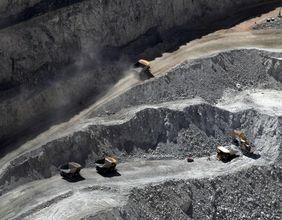Highlights:
- As Australia makes serious strides to become a renewable energy superpower, a great amount of battery waste across the nation is expected
- The catch-22 situation is that even renewable energy technology, which is all about environmental protection, can very much hurt the environment through the electronic waste generated, warranting the demand for waste recycling while transitioning to renewable energy
- WWF Australia’s Renewable Superpower Scorecard has featured Lithium Australia’s (ASX:LIT) wholly owned subsidiary Envirostream
- Let us explore how Envirostream is faring on the fronts of recycling and the circular economy
Envirostream Australia Pty Ltd, a wholly owned subsidiary of Lithium Australia Limited (ASX:LIT), is basking in the glory of featuring in the third edition of WWF Australia’s Renewable Superpower Scorecard.
The Scorecard paints a picture of how Australia is scoring in the race to become a global leading renewable superpower vis-à-vis 11 score categories. The latest edition provides updates on the progress made in the 12 months to November 2022. One of the most significant changes this time is the addition of a new category: Mitigating the Impacts.
Through the Russia-Ukraine war, the world’s seemingly skewed reliance on fossil fuels and resultant impacts on supply chains, energy security, and pricing have been highlighted. As a result, nations are putting all their might and main into a bid to expedite the transition to renewable energy via new policies and investment plans.
However, even renewable energy is not free of environmental concerns, given the enormous amount of battery waste it generates.
The road to 700% renewables through ‘Mitigating the Impacts’
WWF-Australia’s analysis shows that in order to become a real renewable superpower, Australia must churn out seven times the electricity currently consumed through renewable sources by the year 2050.
As a bright spot, while becoming a renewable energy superpower, Australia need not trade-off between a ‘healthy environment’ and a ‘rising economy’. The country can boost its economy and create hundreds of thousands of jobs in new clean energy and manufacturing while lowering domestic carbon emissions. Recycling and circular economy is the way to go!
Renewable energy is okay, but what about battery waste?
As Australia reduces its consumption of fossil fuels in its journey to produce renewable energy, policymakers have to target mitigating the impacts of the energy transition by considering the end-of-life waste from renewable energy products.
To the surprise of many, even renewable technologies can hurt the environment if they are not properly recycled. Closed-loop systems are the need of the hour to prevent contaminants from leaking into the environment.
The solution is circular economy
This calls for switching to the circular economy, which recycles and repurposes renewable technologies.
With the considerable uptake of solar panels and energy storage solutions in the last decade, and in tandem with the finite lifetime that the technology has, renewable technology waste too will mount with time.
One million panels will need replacement annually by 2031, industry reports suggest. This, in turn, calls for establishing facilities and systems meant to reuse, recycle or responsibly dispose of ~100,000 tonnes of solar panel waste by 2035.
As a bright ray of hope, within the clean energy sector, the EEA has stated that 100% recycling could be achieved by 2030 for ‘Energy storage and mobility’, with the critical materials being lithium and cobalt.
Within the Scorecard, WWF-Australia particularly lays emphasis on the recyclability and reusability of solar panels, inverters, and batteries, the technologies most widely used across the country.
Lithium Australia’s Envirostream delivers recycling excellence
Envirostream has the distinction of being Australia’s first recycling company to collect batteries locally at the end of their lives.
This Victoria-based subsidiary of Lithium Australia collects, transports, and recycles batteries from across the country. Under the battery stewardship scheme, B-cycle, Envirostream collects used batteries at drop-off points of its partner organisations nationwide.
In the process of collecting and recycling batteries, Envirostream gives a second life to the valuable materials these batteries contain.
Impressively, Envirostream accepts all types of batteries, from smartphones and other electronic waste, along with larger batteries from EVs and household energy storage.

Source: Company website
Envirostream was founded in 2017 as a battery recycling company. However, soon after the company realised the need for safe processes for the collection, storage, and transportation of used batteries.
Upon arriving at Envirostream’s processing facility, the batteries are processed to recover valuable materials such as lithium and cobalt. It also recovers steel for selling to local foundries, and plastic, which is being considered for use in recycled plastic asphalt for roads with a local company.
Reflecting on the teething problems that Envirostream faced early on, General Manager – Operations, Jocelyn Foong says:
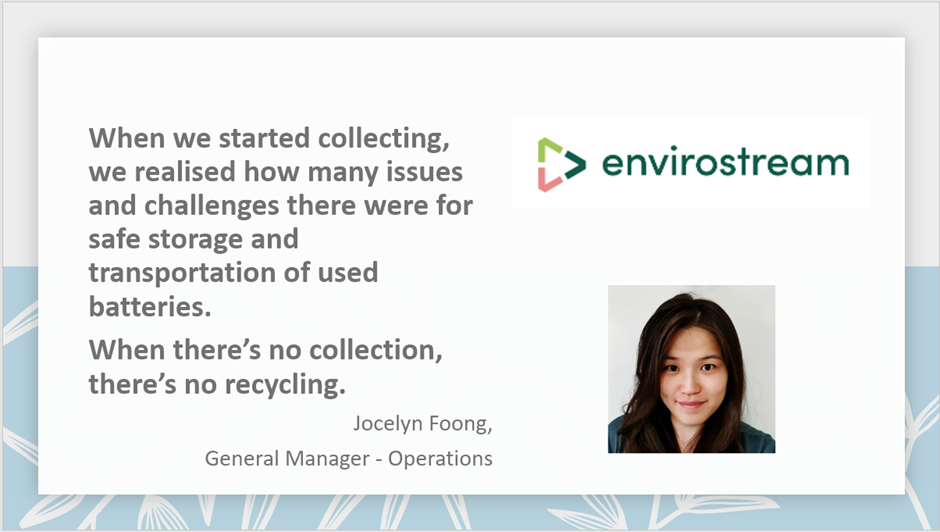
© 2022 Kalkine Media®, Source: WWF-AUSTRALIA - RENEWABLE SUPERPOWER SCORECARD 2022
Quite unintuitively, the biggest roadblock to battery recycling was safe collection and transport. Accordingly, the company developed a proprietary ‘fire-resistant liner’ product for its collection and transport containers.
Following the success of the liner solution, Envirostream boasts using thousands of these across the country. Hinting at possible expansion, the company has commercialised this innovative solution with companies overseas, including
- the New Zealand metal and e-waste recovery team at Milwaukee tools, and
- Bunnings in New Zealand making use of its proprietary battery collection unit
As battery recycling is still in its incipient stage as an industry, Envirostream is working in close quarters with the Victorian EPA and fire departments, and is engaged in knowledge sharing with them about safely storing and processing batteries.
Support and incubation by the government
Envirostream has the support of the Victorian Government to enhance its processes via Victoria’s Sustainable Infrastructure Fund. The company is also devoted to enhancing its ‘unique’ processes to recover valuable materials to the maximum possible extent.
Envirostream’s vision to recycle renewable energy waste
As things stand currently, merely 10% of used batteries in Australia can be collected and recycled. Seeing this meagre figure as a fantastic growth opportunity, Envirostream looks forward to growth in collection points with big retailers across the nation.
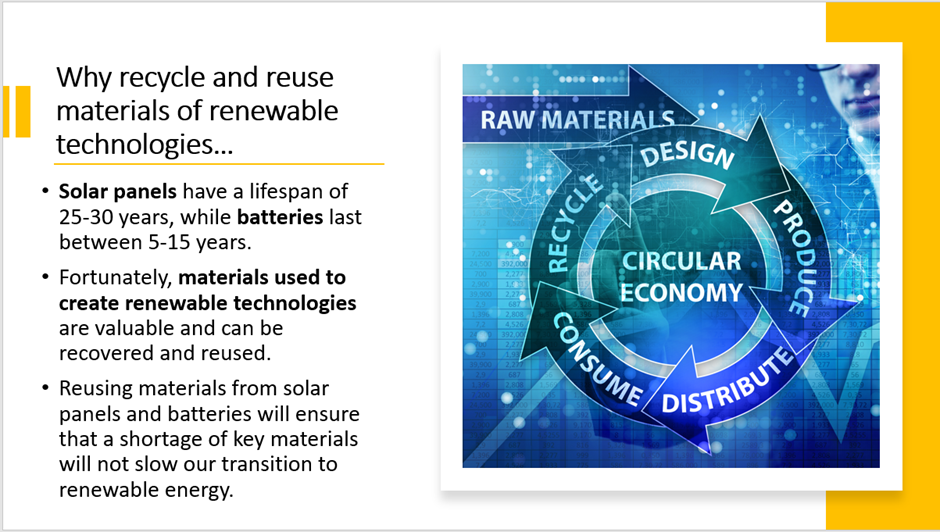
© 2022 Kalkine Media®, Source: © Elnur | Megapixl.com
Need of the hour is to become opportunity for Envirostream
When it comes to ‘Mitigating the Impacts’, nearly all Australian governments are scoring low. Steps are required to advance the recycling of solar panels and batteries. Envirostream believes it could be taking quantum leaps in the process.
Batteries usage is growing across Australia, specifically considering the larger-sized batteries used in home energy storage and EVs. Envirostream sees this as a golden opportunity for the country to lead the industry while also sharing experience and knowledge across the length and breadth of the world.

